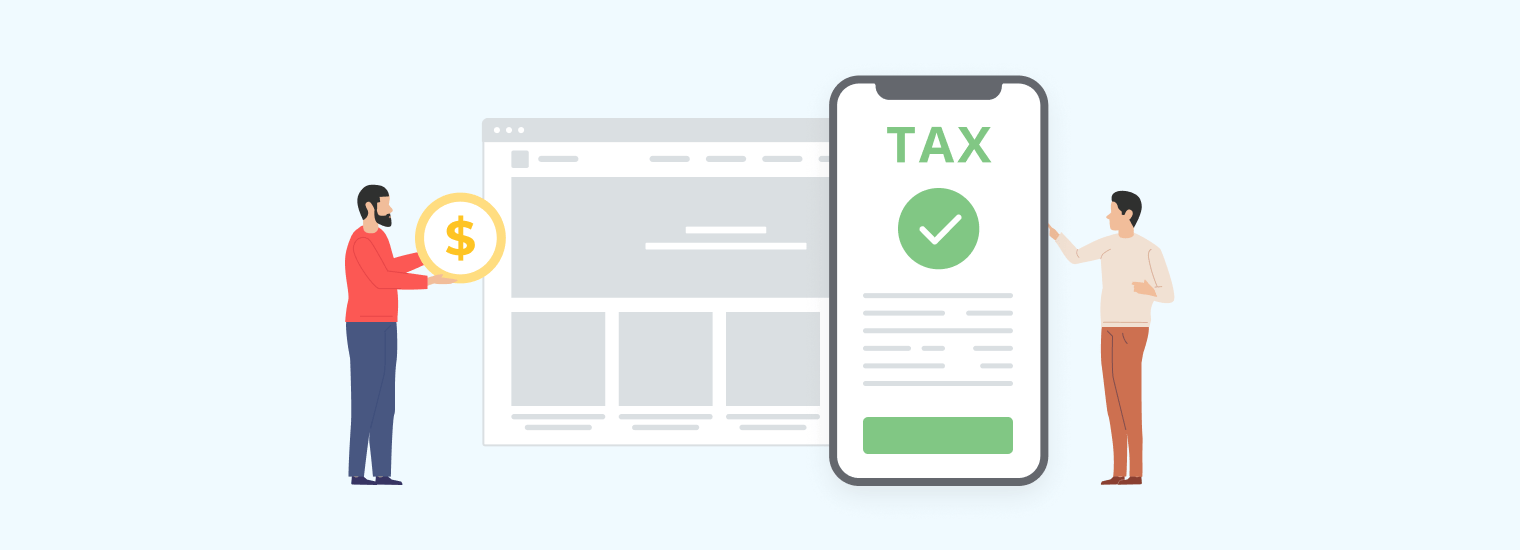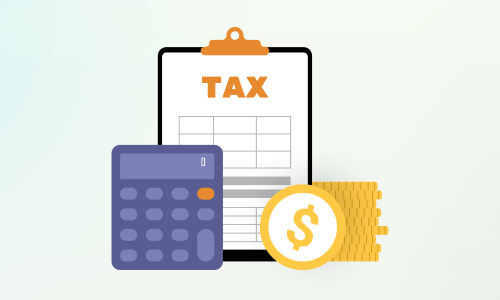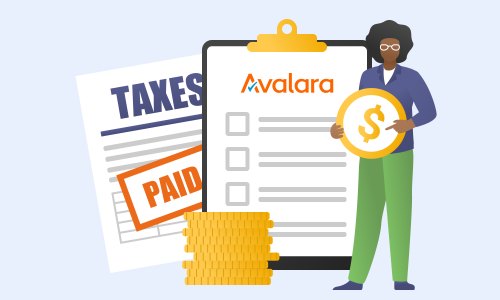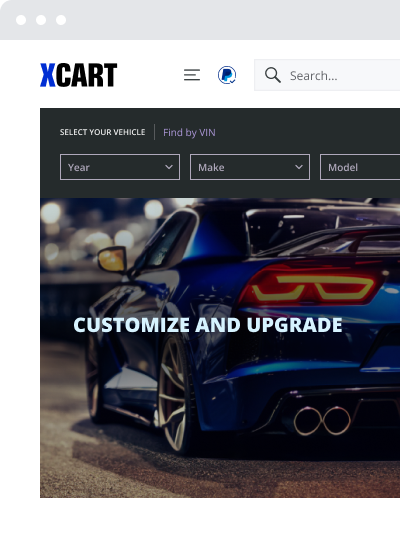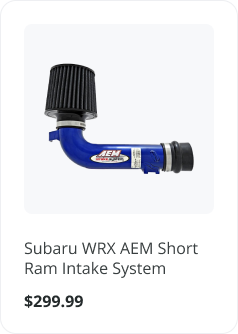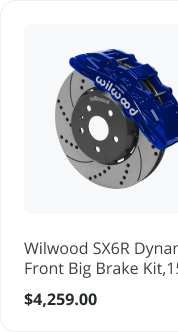July 1: EU VAT Rules for eCommerce

The European Union (EU) has important changes to its value-added tax (VAT) rules, coming into effect on July 1, 2021. Similarly to previous VAT changes, these affect merchants who sell across EU borders, as well as those who export goods into the EU.
These changes are primarily targeted at simplifying the process, including the creation of a new filing method, One-Stop Shop (OSS) for those who sell in multiple EU countries. This guide provides an overview of the impact, with some basic information on updating your tax rates to comply with these changes.
What changes are relevant to EU-based merchants?
- Threshold rules end for distance sellers (EU-to-EU). Before July 1st, sellers had to register for VAT in each EU country when they reached a threshold, and these thresholds were country-specific. On July 1st, these thresholds will be withdrawn, simplifying transactions as sellers are required to charge VAT rate of the buyer’s country of residence from the very first sale (unless micro-business threshold applies).
What does that mean? For many merchants, this change is as simple as ensuring your Zones and Tax Rates are up-to-date for each EU country. Some merchants may not need to change anything at all, especially if they were already selling above-threshold.
- Micro-business EU-wide threshold. As of July 1, a new exemption will exist for micro-businesses established in one EU country with sales no greater than €10,000 in each of the last two years. Those who qualify for this exemption may continue to charge local VAT rates of their shipment origin country for all EU countries they ship to, and remit to local tax authorities.
What does that mean? Merchants who qualify for this exemption may be able to group all EU countries into a single Zone, and configure Tax Rates based on their shipment country of origin. Some merchants may not need to change anything at all, especially if they were already selling below-threshold.
- One-Stop Shop (OSS) Filing. Before July 1st, merchants were required to hold a tax registration for each EU country in which they did business. On July 1st, merchants will now be able to file a single VAT return, known as an OSS filing, that covers multiple EU countries. Merchants may use OSS to file and remit VAT for any country they shop to, excluding their home country and domestic supply for countries in which they have physical location or hold stock. For those excluded countries, merchants should continue filing a local return, as before.
What does that mean? OSS should simplify the tax filing and remittance process for many merchants, and there should be no direct impact on Zone or Tax Rate configuration (other than those above).
What changes are relevant to merchants exporting goods to EU buyers?
- All orders shipped to the EU are now subject to VAT. Before July 1st, buyers purchasing and importing goods to the EU were exempt from paying VAT if their shipment had a total value below €22. On July 1st, buyers will be required to pay VAT on all such purchases up to a total value of €150, with the existing import VAT and duties applying above this threshold.
What does that mean? As the buyer is ultimately responsible for paying VAT and above-threshold import duties, a merchant may decide to simplify the process for the buyer by applying and collecting VAT on orders below €150. X-Cart’s VAT/GST application will be updated to support order value thresholds by July 1st, allowing merchants to optionally apply them by Zone.
- Import One-Stop Shop (IOSS) filing. Merchants exporting to EU countries who’ve opted to collect VAT on orders below €150 should use the new Import OSS (IOSS) to file a single monthly VAT return for all below-threshold exports to the EU. Non-EU merchants opting to use IOSS may need to appoint a VAT intermediary.
What does that mean? As with OSS, IOSS should simplify tax filing and remittance for many merchants exporting goods to EU-based buyers. There should be no direct impact on Zone or Tax Rate configuration (other than that listed above).
Frequently asked questions (FAQ)
EU Merchants may register via the OSS portal hosted by their EU Member State.This page has many extra details about the OSS, as well as information on registration.
Registering for OSS simplifies the filing and remittance process and should save your business the overhead cost of managing multiple country registrations.
Non-EU merchants may register via the IOSS portal hosted on by any EU Member State. This page has details for non-EU-based companies looking to register for IOSS.
Merchants may wish to simplify the import process for their buyers by offering VAT collection during checkout (for orders <€150). IOSS simplifies the filing and remittance process for these merchants.
Yes. If you do not collect VAT at checkout, buyers will be responsible for any taxes and duties due, as determined by customs authorities.
Additionally, you may want to contact the European Union directly, or enlist the help of a professional tax consultant. Businesses with complex needs may want to appoint a representative such as a lawyer or accountant responsible for tax reporting and payment.
No, X-Cart is neither a marketplace nor a facilitator.
Visit our Knowledge Base to find many articles and tutorials on configuring taxes via our Value Added Tax / Goods and Services Tax app.
If you’re looking for more information on these new policies and how it may affect your business, check out Avalara’s 2021 Guide for Non-EU B2C Sellers & Marketplaces.
X-Cart and its affiliates do not provide tax, legal, or accounting advice. This material has been prepared for informational purposes only, and is not intended to provide, and should not be relied on for, tax, legal, or accounting advice. You should consult your own tax, legal, and accounting advisors before making any decisions regarding tax registration, filing, and remittance.

Lead Product Manager at Groupon. Established product expert, with proven history of making data-driven decisions to quantifiably improve user and client experiences. Successfully led cross-functional teams with varying development methodologies and goals to deliver results in the form of both user engagement and revenue generation. Experienced in both B2C and B2B roles, shifting management styles to meet the needs of different users/clients, industries, and technology.
